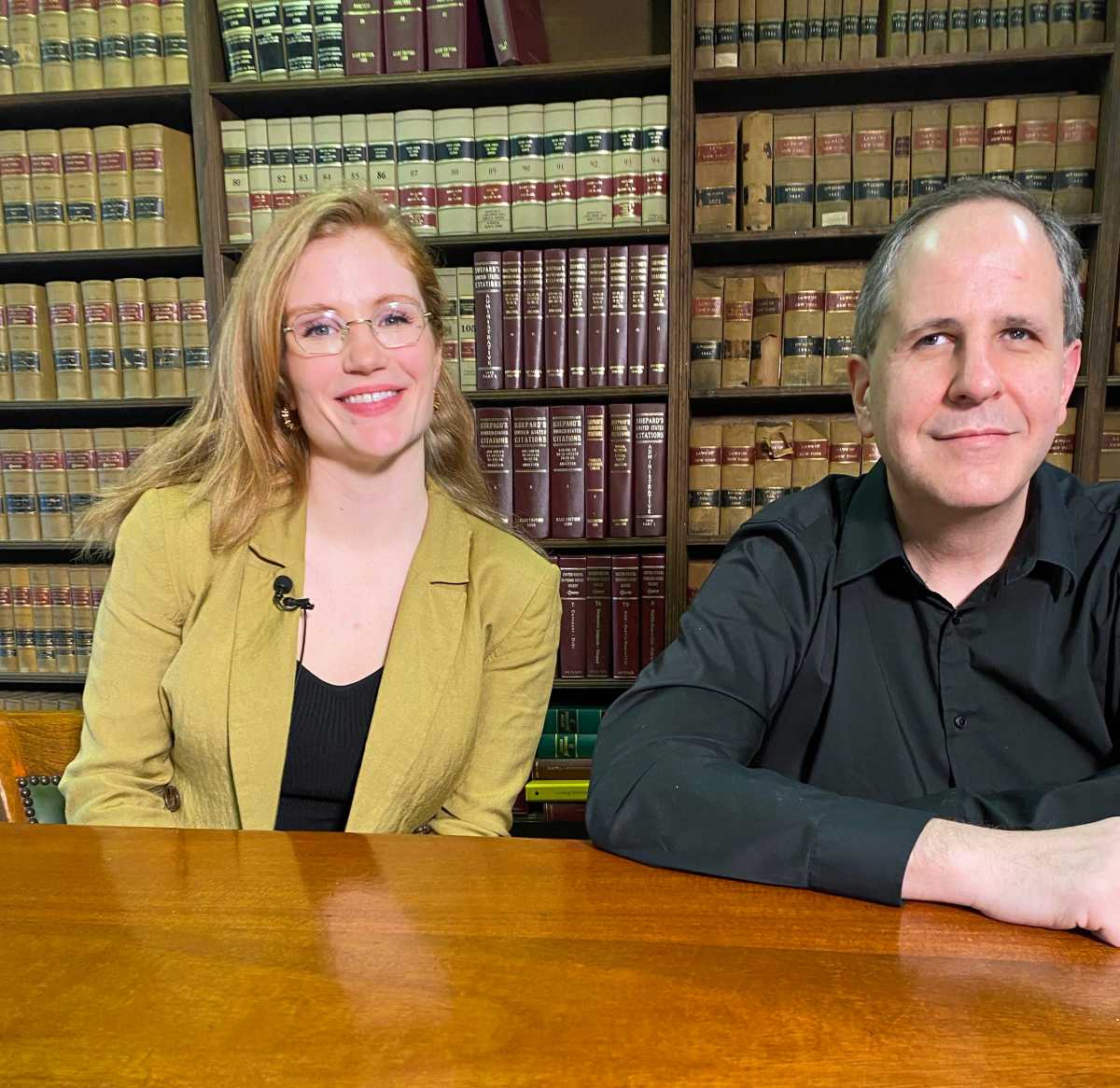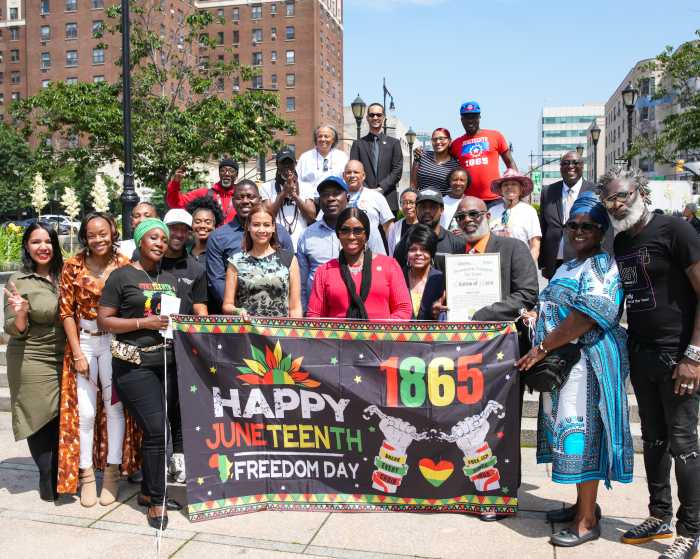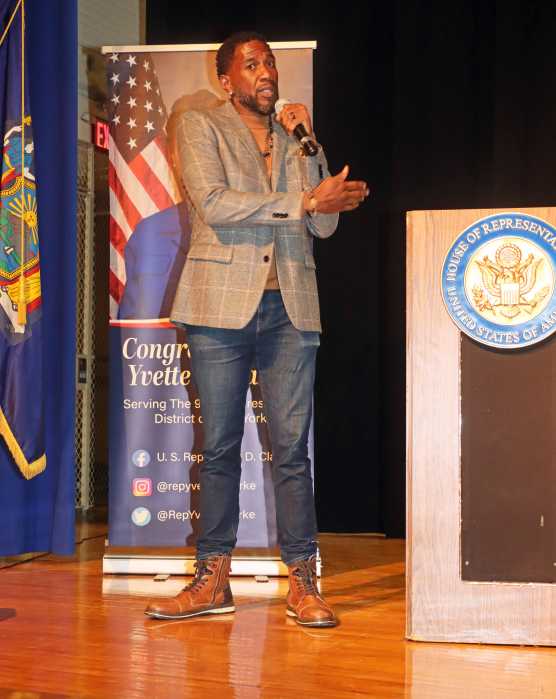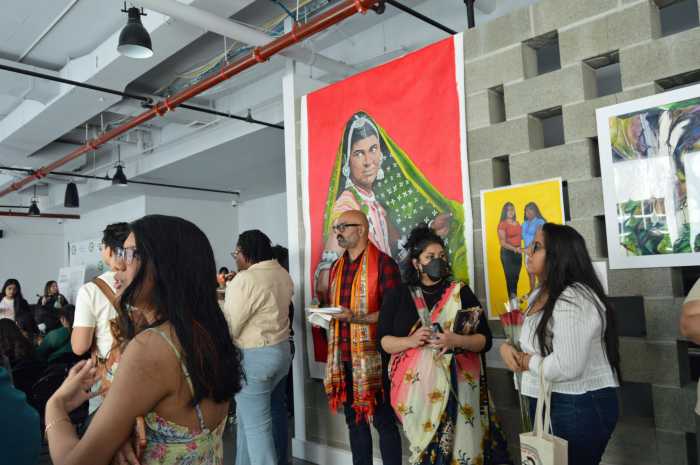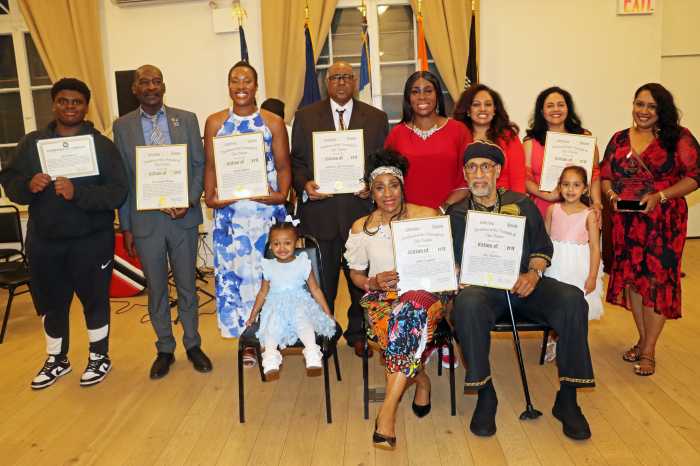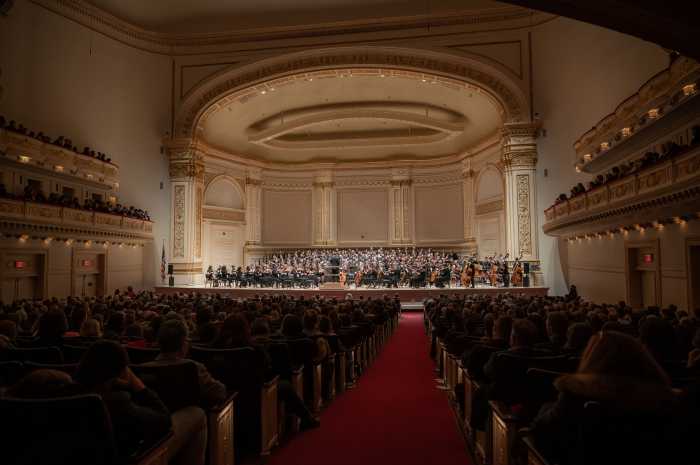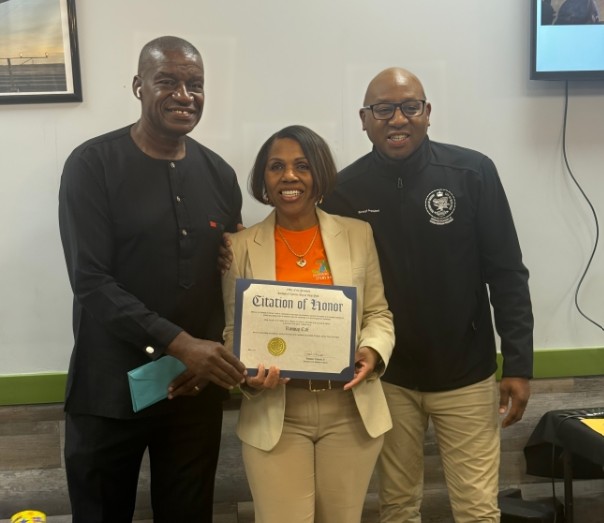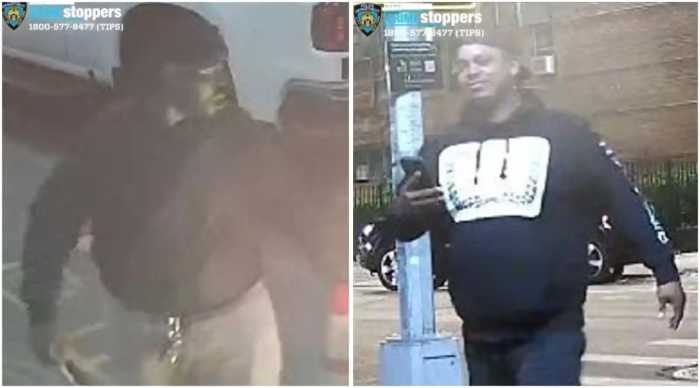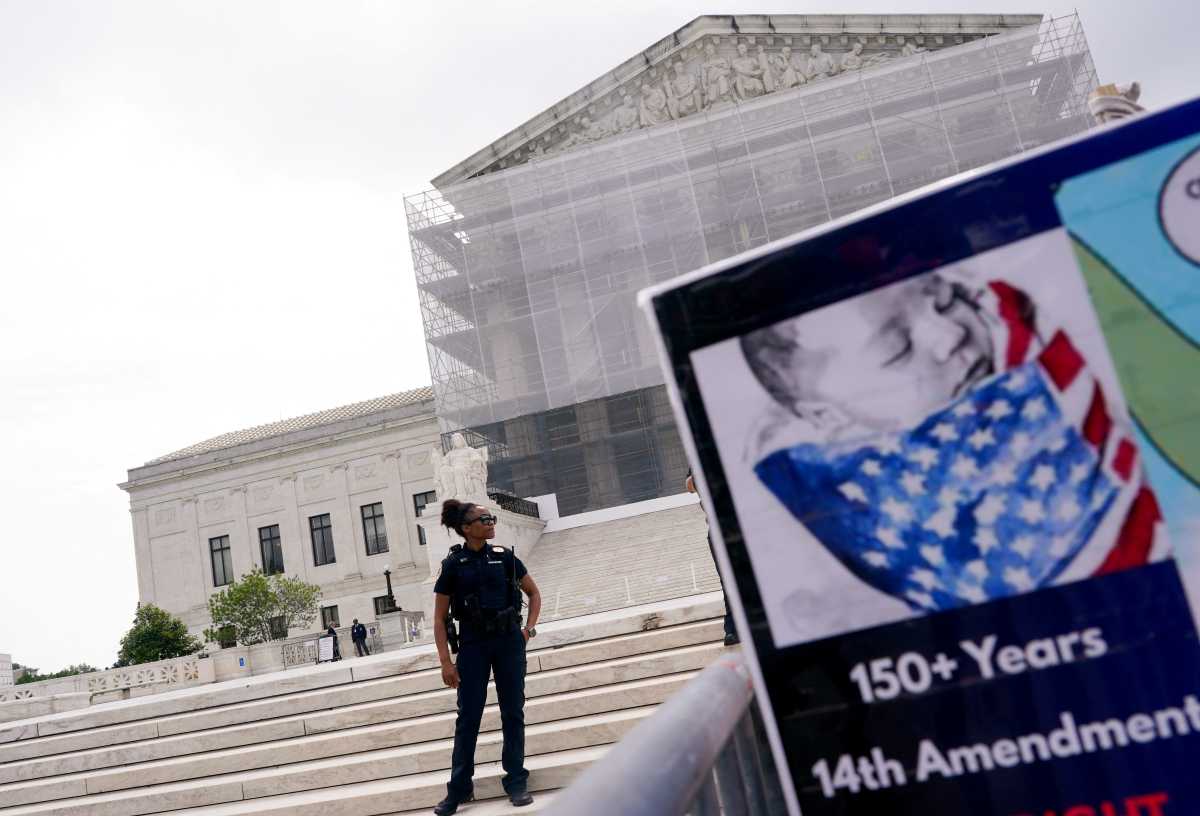Albert Elia born in Niagara Falls, New York is suing the New York State Unified Court System (NYSUCS) and the Commissioner of Jurors of the Kings County Supreme Court because he is being illegally excluded from grand jury participation due to his blindness.
The court specifically prevented him from deliberating on cases that involved video or photo evidence, assuming he could not interpret this evidence because he was blind.
Local attorneys including Victoria Pilger of Disability Rights Advocates (DRA) and Brown, Goldstein, and Levy (BGL) are representing him in the case.
He lived in Niagara Falls until he was 11, left the state in 1986 after completing 6th grade at the Stella Niagra Education Park and returned in 2022.
Elia was born with a genetic condition that he was diagnosed with at the age of 4. He has never been able to see anything at night or in the dark, and only what was in front of him because of tunnel vision.
At the age of 17, his tunnel vision got significantly worse, leading to legal blindness, but it was not permanent until he was around the age of 34.
Elia shared that his parents were concerned when they found out about the diagnosis and said, “My mom was an educator, so she knew I was gifted, but just couldn’t see. She made sure I got the proper accommodations in school. She always encouraged me to push forward, not letting anyone tell me I can’t do something.”
He attended Harvard College (part of Harvard University) to get his undergraduate degree and participated at the Northeastern University School of Law afterward. Discussing ableism (discrimination based on disability), Elia said he did not have many since he chose to attend a school that was well-accommodating.
One instance at Harvard College was when one of his teachers refused to provide electronic copies of handouts for the class. As a result, he went to the Disability Resource Center, the teacher was notified, and he got the files he needed for class
Pilger explained that the teams are asking the federal court to find that the NYSUCS is violating the Americans with Disabilities Act (ADA) and federal law by failing to reasonably accommodate or provide auxiliary aides and services to blind jurors.
“The accountability we seek is changed behavior: for defendants to put policies in place to ensure that all jurors receive the reasonable accommodations and assistive technology that would allow them to serve on a jury so that no one else experiences what Mr. Elia did,” Pilger added.
She said that the lawsuit also seeks a Court order directing the defendants in the case to bring their policies in compliance with the law, and that BGL and DRA are always open to reaching a meaningful and enforceable settlement with them that accomplishes this goal.
In addition, Pilger shared one of the practical steps the BGL and DRA teams would recommend to judges at all levels: “People with disabilities have a great wealth of experience and expertise about navigating a world built largely around the needs of able-bodied people. That’s why engaging in an interactive, two-way dialogue with the individual with a disability is a good start.”
The court also refused to allow Elia to use assistive technology or receive verbal descriptions of evidence, which would have allowed him to fulfill his civic duty alongside his fellow grand jurors.
Elia said he never thought he would need to be represented by BGL since he used to work there; while there, he worked cases with DRA in which he’d represent other people.
Due to his history with them, he said, “I’m very glad to have the support of BGL and DRA because I consider them colleagues and friends.”
His message of encouragement for those in the disability community who may be in a similar situation, who may not have access to, or who may not be able to afford, legal representation: “You have the right to live in the world which means you should have access to all the services, public places, and things others have.”
The systematic changes Elia would like to see made to ensure that all disabled people living in New York State are included and given the same opportunities to complete this civic duty would be for the Courts to be required to provide access to reasonable accommodations needed, based on specific needs of an individual.
Elia says the most crucial thing for allies of the disability community to learn how to advocate for people with disabilities is to: “Ask them directly what they need and be willing to help if asked.”
One thing he wants the disability community and its allies to learn about civic duties from his experience: “We all have civic duties, including the disabled. We should be expected to and provided with the necessary accommodations to perform them effectively.”


